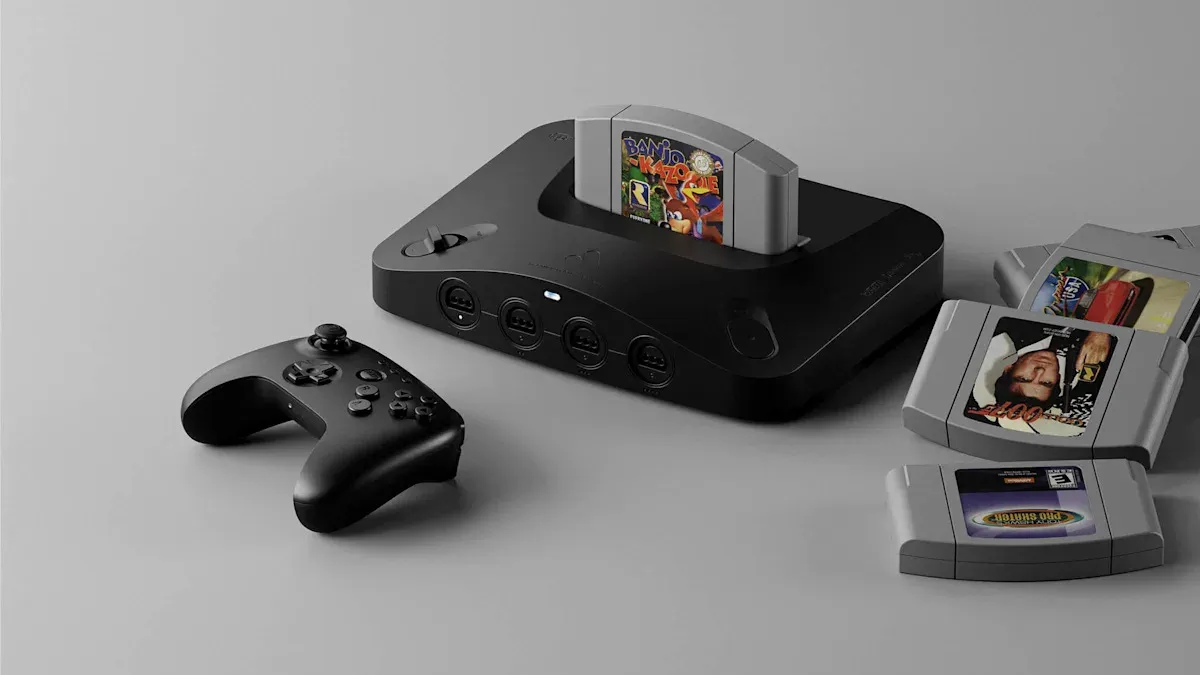
The ongoing US tariffs have created significant challenges and supply chain disruptions within the gaming industry. The latest company to experience these effects is Analogue, known for its high-quality retro gaming consoles. Today, Analogue announced that its much-anticipated product, the Analogue 3D, which is a modern remake of the iconic Nintendo 64 console, will not begin shipping until late August 2025. This delay comes as a direct result of the recent tariffs imposed last week, which have impacted production schedules and logistics.
In a post shared on the platform X, Analogue reassured customers that despite the delays caused by the tariffs, they are committed to maintaining the preorder price for the Analogue 3D. "We’re absorbing the costs—your preorder price stays the same. No additional charges," the company stated. This commitment reflects Analogue's dedication to providing value to its customers, even in the face of rising production costs due to external factors such as tariffs.
This announcement is not the first instance of delays surrounding the highly anticipated Analogue 3D. The console initially opened for pre-orders in October 2024, with the expectation that it would ship in the first quarter of 2025. However, in March, the company adjusted the shipping date to July 2025. Unfortunately, the reasons for this earlier postponement were not disclosed, leaving fans eager for updates on the console's release.
Analogue's situation highlights a larger trend within the gaming industry, where US tariffs are causing production delays and increased costs. Companies are being forced to navigate these tariff challenges while trying to meet consumer demand for new and innovative gaming products. As the industry grapples with these issues, it remains to be seen how other companies will adapt and respond to the ongoing financial pressures associated with tariffs.
As the release date for the Analogue 3D approaches, gamers and enthusiasts will be watching closely for further updates. The company's transparency about the challenges posed by tariffs may help maintain customer loyalty during this tumultuous time in the gaming industry.